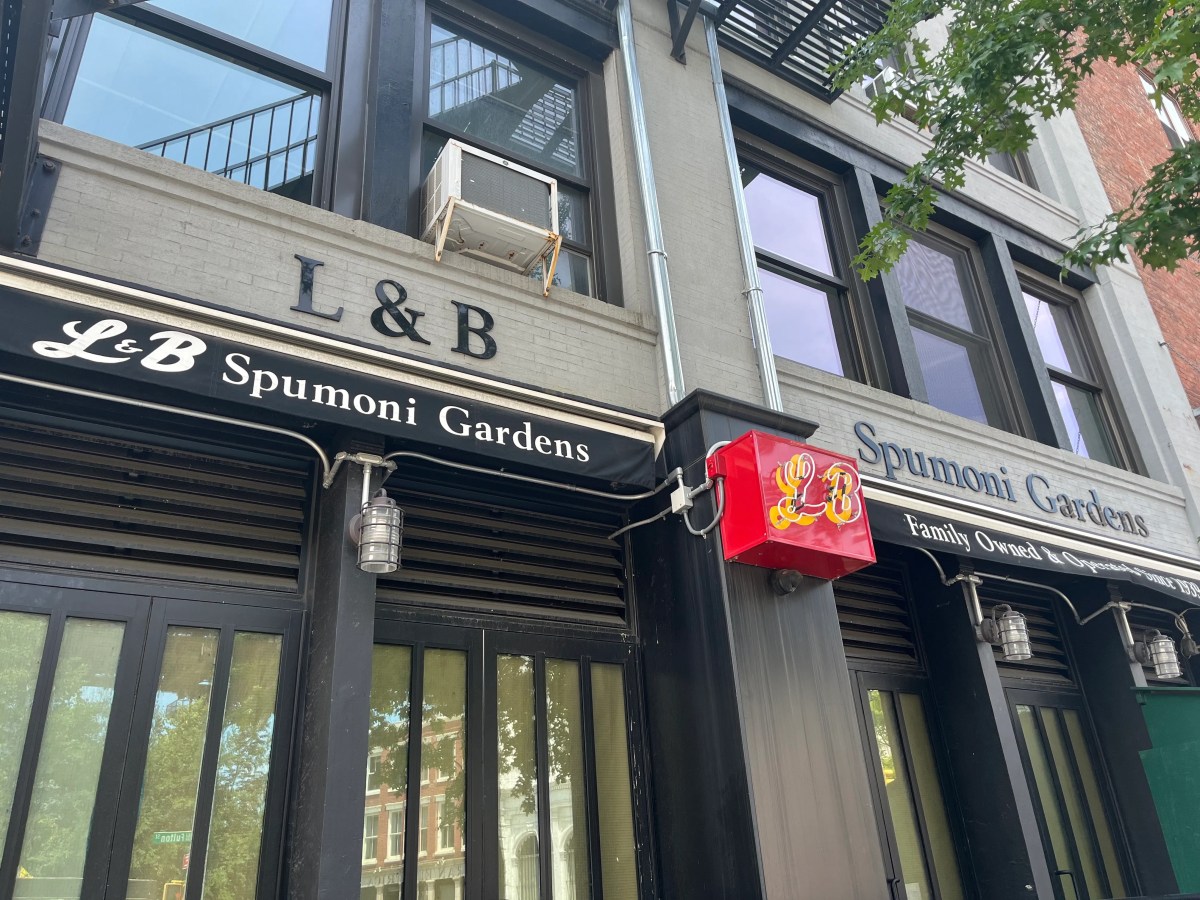By DAVID KENNERLEY
A reflective Billy Crystal shines as a multifaceted raconteur and jokemeister
“We had nothing,” Billy Crystal insists in “700 Sundays,” his solo Broadway show that traces his modest childhood in Eisenhower-era Long Beach, Long Island, where he grew up in a crowded tract house with paper-thin walls.
Yet during the course of the alternately hilarious and heartwarming evening, he proceeds to prove just the opposite.
For Crystal was blessed with a loving Jewish family of lunatics, which the 56-year-old actor skillfully brings to life in a series of intimate stand-up sketches packed with impersonations and anecdotes. One treasure they possessed was an 8-millimeter camera so his father, Jack, could document trips to the Catskills, Yankee games and, of course, his richly talented cut-up of a son, Billy.
The set of “700 Sundays,” the façade of a simple two-story brick house accented with white wooden railings, turns out to be a faithful replica of his boyhood home, as evidenced by Jack’s vintage film footage sporadically projected onto the large picture windows. Though the scenic design is credited to David Weiner, the true set is courtesy of Crystal himself, as he vividly paints scene after scene in our eager imaginations.
A masterful storyteller with rapier comic timing, Crystal transports us back to landmark moments in his young life. The play’s title refers to the precious few Sundays Crystal was able to share with his father, who died of a sudden heart attack when Crystal was 15.
One of his favorite events was dining out with the family. “On Sunday nights Jews are not allowed to eat their own food,” quips Crystal. “It’s in the Bible.”
When he recounts seeing his first movie, “Shane,” at the Loews on Second Avenue, we feel as if we’re sitting in the seat next to him. Crystal reminds us that the theater subsequently became the famed Filmore East music venue, though he neglects to mention that it later became a legendary gay nightclub, The Saint.
His father, it turns out, had a “secret life” managing the Commodore Music Shop, just a few blocks from the Broadhurst Theatre where “700 Sundays” is playing. This was no ordinary store, for it was a hotbed of jazz where future legends like Billie Holiday and Louis Armstrong hung out and joked with young Billy, nicknaming him “face.” Crystal recalls his grandmother, in all seriousness, asking Armstrong, “Louis, have you tried just coughing it up?”
Perhaps the most important lesson Jack taught his incorrigibly antic son was to “know your audience” and in “700 Sundays” Crystal does his papa proud, pushing all the right buttons. He gooses up his monologue with remembrances of the JFK assassination, the Beatles’ first appearance on “The Ed Sullivan Show” and even September 11, all of which elicit gasps of recognition from the rapt audience. He revels in flatulence and masturbation jokes, and giddily plays ventriloquist to his penis.
In one of the funnier bits, Crystal mimics his Aunt Sheila, who now lives in Boca Raton—“Where else?”—detailing the saga of her daughter’s “lesbyterian wedding” in way-gay San Francisco. “It’s like Starbucks,” she says. “They’re on every corner.” After her daughter adopts a brown-skinned baby girl, Sheila is grateful that she and her husband are no longer “the only barren grandparents in our cul-de-sac.”
This is an evening of old-fashioned entertainment, where Crystal’s love of classic comics such as Bob Newhart, Bill Cosby, Sid Ceasar and Jack Parr, shines through.
Easily one of the finest one-person reminiscences this side of Elaine Stritch, the sweetly comic show veers into maudlin territory toward the end, when he lays it on as thick as Aunt Sheila’s makeup. Thankfully, the authentic intimacy outweighs any self-indulgent schmaltz.
Crystal likens grief to a massive boulder that never truly goes away. And yes, the burdensome boulders left by the loss of his parents and other tragedies abound in the second act. Yet Crystal has wisely learned, for the most part, to maneuver around them, often tap-dancing with one leg and mugging as he did for his father’s movie camera.
Director Des McAnuff reigns in the accomplished comedian, helping the scripted antics to feel spontaneous. What a polar opposite to McAnuff’s earlier lavish Broadway bomb, “Dracula, The Musical,” which opened to dreadful reviews and recently posted a closing notice. The press agent slyly omitted this wrongheaded spectacle from McAnuff’s bio, but they needn’t have worried. The success of the splendid “700 Sundays” will drive a stake through “Dracula.”







































